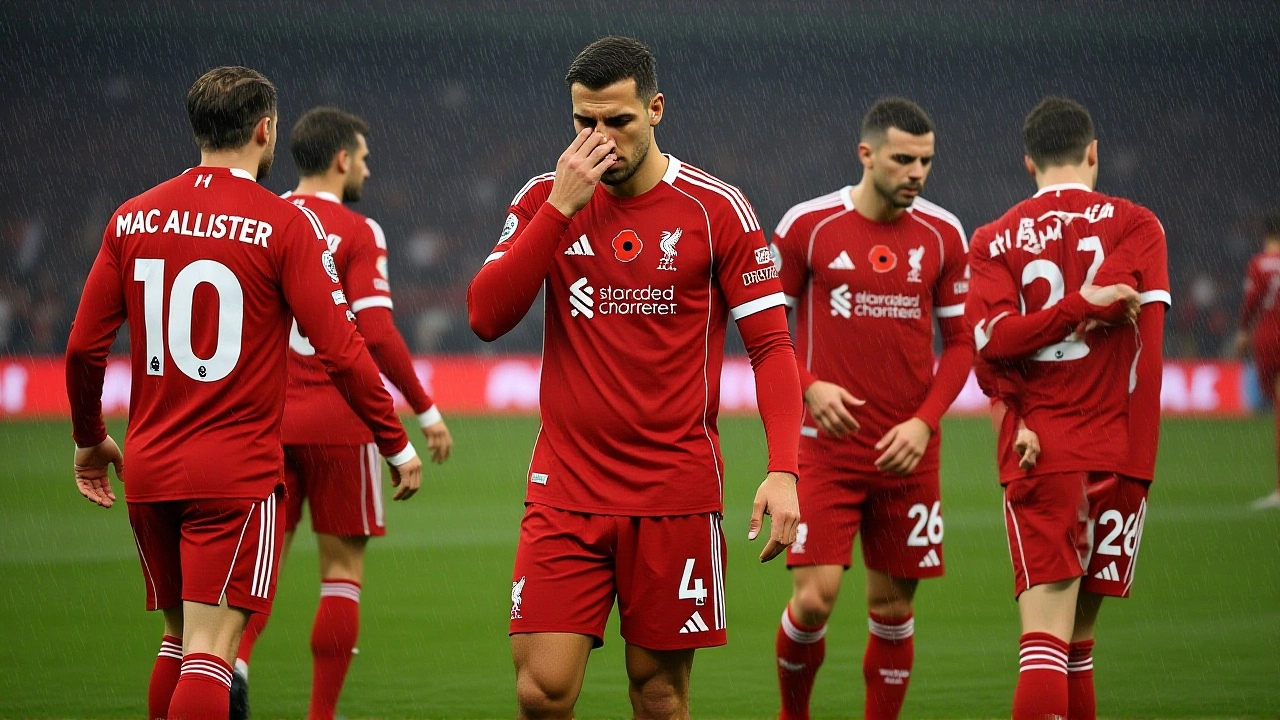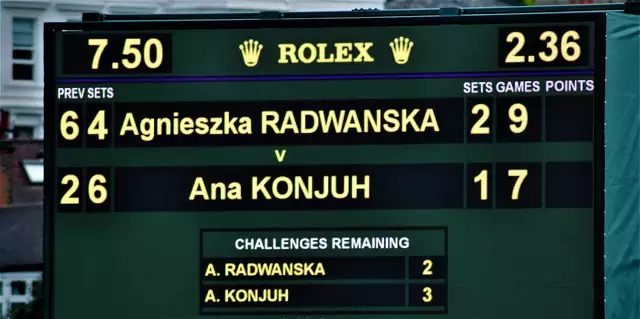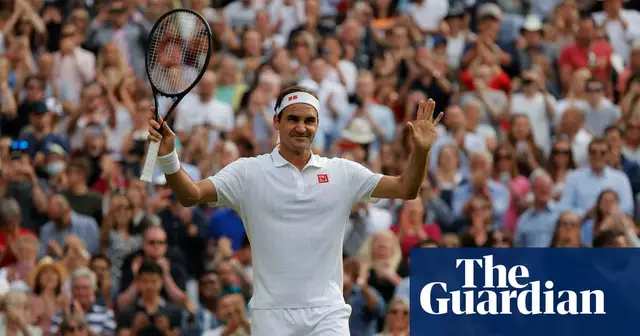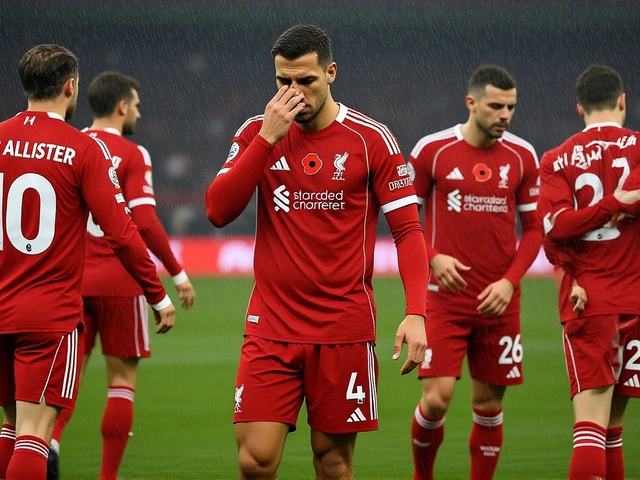When Joan Laporta i Estruch stood before FC Barcelona's General Assembly on October 20, 2025, the room held its breath. UEFA had come close to banning the Catalan giants from the UEFA Champions League for a full year — a death sentence for a club that hasn’t missed the competition since 2017. But after months of tense negotiations, the fine was slashed from €80 million to just €15 million. No sporting sanctions. No exclusion. Just a slap on the wrist — and a warning. The twist? The club’s survival hinged not on austerity, but on a $600 million deal that traded 25% of its TV rights for cash, a move Laporta insists is a temporary loan, not a scam. "We didn’t fake profits," he said. "We borrowed against the future. And we’ll pay it back."
The Barcelona Escape
The financial mess at FC Barcelona didn’t start with Laporta. It festered under Josep Maria Bartomeu, whose tenure left the club drowning in debt and violating La Liga’s financial fair play rules. The €600 million deal with a private fund — structured as a 25-year asset transfer — kept them afloat. But it was always a gamble. UEFA’s Financial Fair Play watchdog saw it as an attempt to inflate revenue artificially. They wanted punishment. Hard punishment. Yet Laporta’s team, armed with legal arguments and a willingness to pay, turned the tide. The €15 million fine? It’s steep, but manageable. The real win? Keeping the Champions League. Barcelona will play next season. And with €35 million in annual returns expected after 2050, the club’s long-term health might just be salvageable.Liverpool’s Unraveling
While Barcelona dodged disaster, Liverpool Football Club spiraled. By late October 2025, the defending Premier League champions sat eighth — six defeats in seven league matches, seven losses in 10 across all competitions. Mohamed Salah, once unstoppable, looked worn down. Florian Wirtz, the €85 million summer signing from Bayer Leverkusen, barely touched the ball. Alexander Isak, signed for £70 million, missed chances like a man playing in fog. And then there was Diogo Jota. The Portuguese forward, who died suddenly in July, still haunted the dressing room. Players spoke of silence where laughter used to be. "It’s not just form," said Roy Keane on Sky Sports. "It’s soul. They’ve lost their rhythm, their belief. This is crisis time." The numbers don’t lie. Liverpool shattered their own transfer record twice in the summer — £180 million spent — yet their defense became brittle. The team conceded more goals in October than in any month since 2019. Former manager Jurgen Klopp’s shadow loomed large. Fans whispered: should they bring him back? Or is it time for a new visionary? The owners, Fenway Sports Group, face their defining test. And time is running out.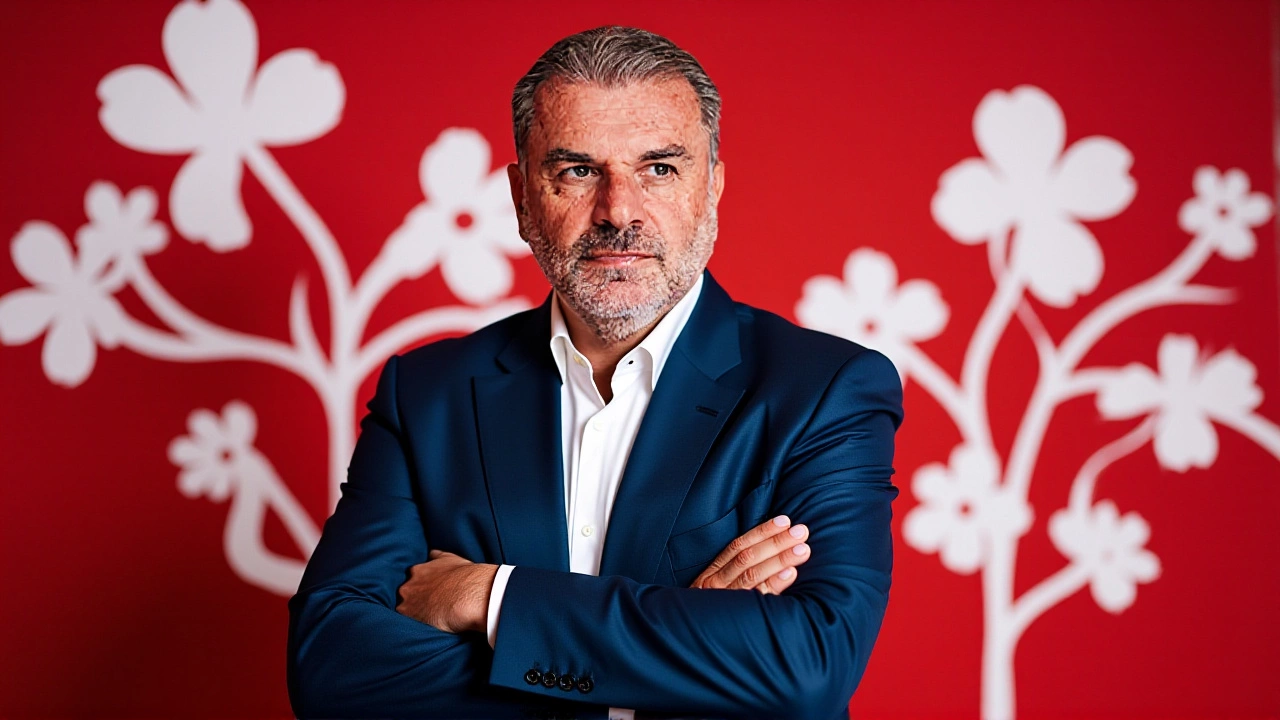
Juventus’ Structural Collapse
In Turin, Juventus Football Club S.p.A. wasn’t just struggling — it was rotting from within. Sitting sixth in Serie A with just 1.73 points per game, the club fired manager Ivan Juric on November 10 after two losses in nine days. His appointment had been a hope — a fresh start after Gian Piero Gasperini’s departure to AS Roma. But the rot ran deeper than coaching. According to The Swiss Ramble, Juventus’ gross debt ballooned to €339 million in 2024/25, up €60 million from the year before. Bank loans jumped from €51 million to €84 million. Commercial revenue? Down €26 million — no shirt sponsor since 2022. And yet, broadcasting revenue soared thanks to Champions League and Club World Cup payouts. The irony? They’re making more money than ever — but spending it like it’s endless. "It’s farcical the way Juventus are being run," wrote Mina, The National’s financial expert, in her October 30 column. "Since Marotta left in 2018, their ambition has been indulgence, not intelligence." The club still owes €30 million in residual contract payments — a ghost from past mismanagement. Player amortisation dropped, but other expenses surged. The wage bill shrank, but not because of discipline — because stars left. The club is rich in revenue, poor in strategy.The Bigger Picture: A League That Won’t Reform
On November 21, 2025, Premier League clubs voted 12-7 against "Top-to-Bottom Anchoring," a radical overhaul that would’ve tied spending to revenue, not profit. The proposal, designed to prevent clubs like Liverpool from overspending to chase glory, died. Why? Because the big clubs — Manchester City, Arsenal, Chelsea — feared losing their financial edge. The vote exposed a truth: European football’s elite aren’t interested in fairness. They’re interested in dominance. And when dominance falters — as it has at Liverpool, Juventus, and nearly at Barcelona — the response isn’t reform. It’s damage control.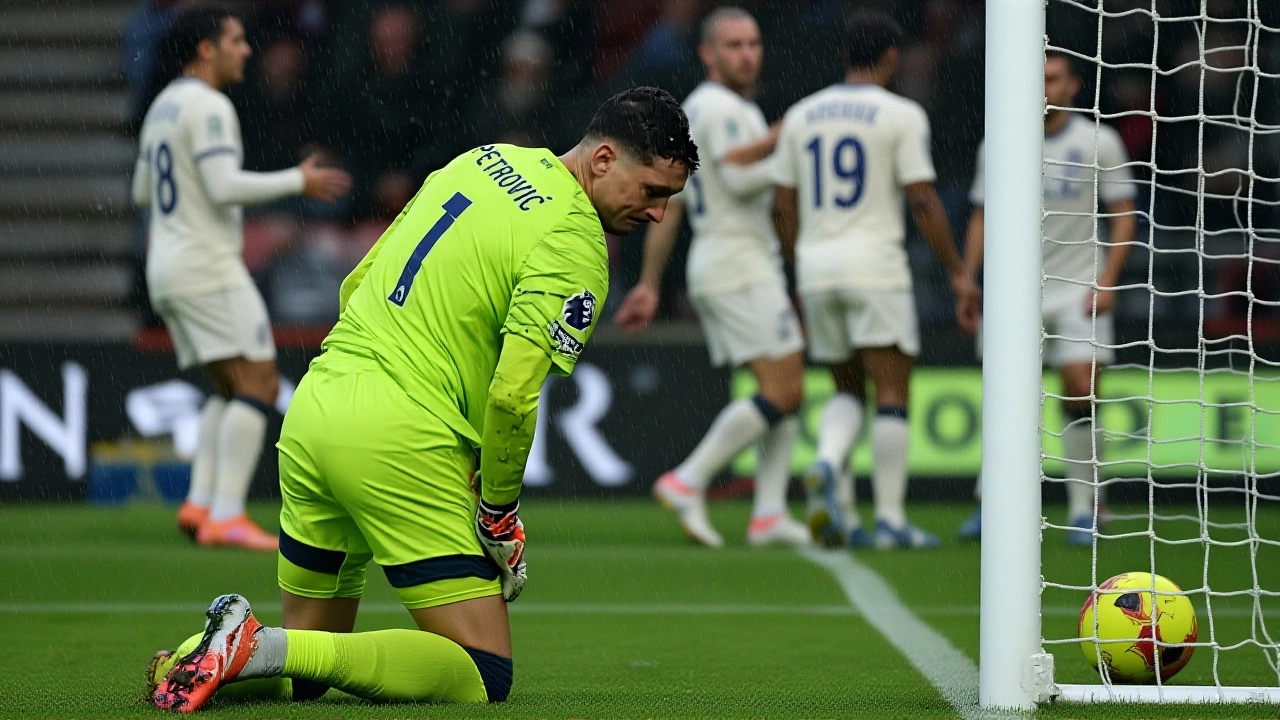
What’s Next?
Barcelona will play in the Champions League next season — but their financial house remains fragile. Laporta’s team must now rebuild without relying on asset sales. Liverpool’s owners must decide: keep Arne Slot, or risk chaos by firing him mid-season. Juventus needs a new director, a new philosophy, and a new leader — fast. And the Premier League? It’s choosing short-term power over long-term stability. The result? More clubs will chase glory with borrowed money. And sooner or later, someone will fall — hard.Frequently Asked Questions
How did Barcelona avoid a Champions League ban despite selling TV rights for €600 million?
UEFA initially saw the €600 million TV rights deal as an artificial revenue boost. But Joan Laporta i Estruch successfully argued it was a temporary asset transfer, not a capital gain, with the rights set to return to the club after 25 years. After intense negotiations, UEFA accepted this structure and reduced the fine from €80 million to €15 million, avoiding any sporting sanctions entirely.
Why is Liverpool’s performance so poor in 2025/26 despite heavy spending?
Liverpool’s summer signings — including Florian Wirtz and Alexander Isak — have underperformed, while key players like Mohamed Salah appear fatigued. The emotional toll of teammate Diogo Jota’s death has also affected team morale. Defensively, the squad is more brittle than in Klopp’s final seasons, and the team lacks cohesion. Six defeats in seven league matches and exit from the EFL Cup have made their decline undeniable.
What’s wrong with Juventus’ finances despite rising revenue?
Though Juventus’ broadcasting revenue jumped €77 million thanks to European competitions, commercial income dropped €26 million due to no shirt sponsor. Their gross debt hit €339 million, up €60 million from the prior year, and they still owe €30 million in legacy contracts. Wage cuts were offset by rising operational costs. The club lacks strategic leadership since Beppe Marotta’s 2018 departure, leading to reckless spending and poor long-term planning.
Why did Premier League clubs reject financial regulation reform?
The proposed "Top-to-Bottom Anchoring" system would’ve tied spending to revenue, not profit, to prevent overspending. But clubs like Manchester City, Arsenal, and Chelsea opposed it, fearing it would limit their ability to outspend rivals. The 12-7 vote revealed a preference for maintaining financial dominance over creating a level playing field — a decision that may deepen inequality in European football.
Is Jurgen Klopp likely to return to Liverpool?
While fans and analysts have floated the idea, Klopp has publicly ruled out a return to Liverpool. His current role at FC Bayern Munich’s advisory board and his stated desire to stay away from top clubs for now make a comeback unlikely. The club’s owners are reportedly exploring alternatives, including hiring a new visionary rather than relying on nostalgia.
What does this mean for other European clubs?
Barcelona’s narrow escape, Liverpool’s collapse, and Juventus’ financial chaos send a warning: clubs relying on debt-fueled spending to compete are playing with fire. Without structural reform, more teams will face similar crises. The absence of financial controls means the cycle of boom and bust will continue — and next time, the punishment may not be so lenient.
